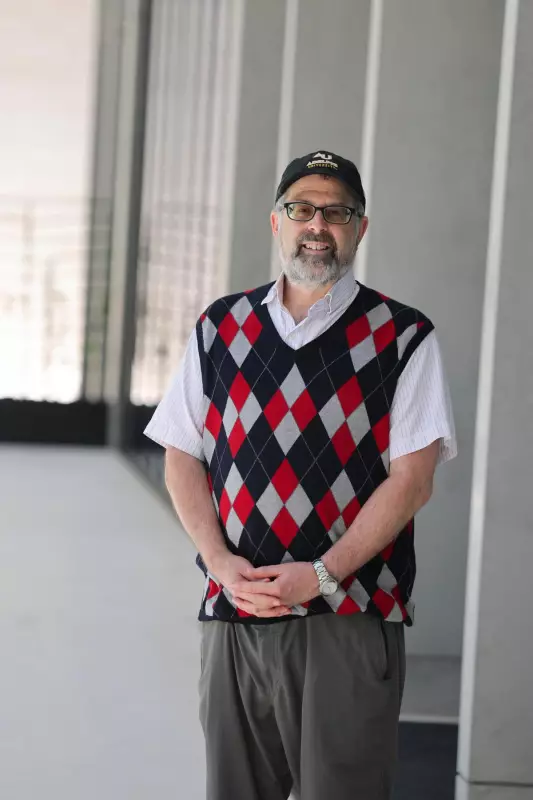
In a landmark revelation that could transform how Australia approaches autism support, leading international experts have unveiled compelling new evidence showing early intervention can fundamentally reshape brain development in autistic children.
Window of Opportunity: The Critical Early Years
Speaking at the Asia Pacific Autism Conference in Perth this week, Professor David Amaral from the University of California presented research indicating autism is not a static condition and can change dramatically throughout childhood.
The groundbreaking study followed children from age three to eleven and found approximately 10 percent no longer met autism diagnostic criteria by the end of that period. Professor Amaral emphasised these children often continue to experience other mental health challenges requiring ongoing support.
What makes these findings particularly significant for Australian families is the revelation that intensive early intervention plays a crucial role in this improvement. The brain's remarkable plasticity during early childhood creates a unique window for therapeutic approaches to make lasting changes.
The Australian Diagnosis Crisis
These findings arrive amid growing concerns about diagnosis wait times across Australia. Recent data reveals nearly 12,000 Western Australian children are waiting for developmental paediatrician assessments, with some facing years-long delays.
Professor Amaral expressed deep concern about these extensive wait times, noting that children missing their early years without diagnosis and support lose a critical opportunity for brain development.
When children wait through their entire primary school years for assessment, we effectively eliminate that golden opportunity for early intervention, Professor Amaral told conference attendees. The brain demonstrates greatest plasticity early in life, meaning interventions during this period yield the most significant results.
From Non-Verbal to Professor: A Personal Journey
The three-day conference also featured Professor Stephen Shore, whose personal story powerfully illustrates the potential of early support. Diagnosed with autism as a child, Professor Shore was non-verbal until age four.
He credits his transformation into a leading autism researcher at Adelphi University to early intervention driven by his parents, who rejected medical advice to institutionalise him and instead developed trusting relationships and tailored support.
My parents demonstrated that meaningful work with autistic individuals begins by meeting them where they are, Professor Shore shared. I now consider it my mission to share the good fortune I received and promote fulfilling lives for autistic people everywhere.
The Future of Autism Understanding and Support
Professor Amaral outlined exciting directions for autism research, including convincing evidence that autism develops prenatally, with more than 200 identified genes that can increase likelihood when altered during pregnancy.
Over the coming decades, we anticipate understanding how specific genes lead to particular behavioural challenges, enabling more targeted intervention approaches, Professor Amaral explained.
He clarified that the research goal isn't seeking a cure for autism but rather improving quality of life and reducing co-occurring conditions like anxiety, sleep disorders, and gastrointestinal issues.
Autism Association of WA chief executive Joan McKenna Kerr highlighted the conference's importance in promoting research, leadership, and amplifying autistic voices. Those early years prove critical to how children perceive themselves and how teachers and parents support their development, she emphasised.
The conference, featuring over 200 presenters from 30 countries, represents a significant step forward in global autism understanding and reinforces the urgent need for timely diagnosis and intervention services across Australia.





